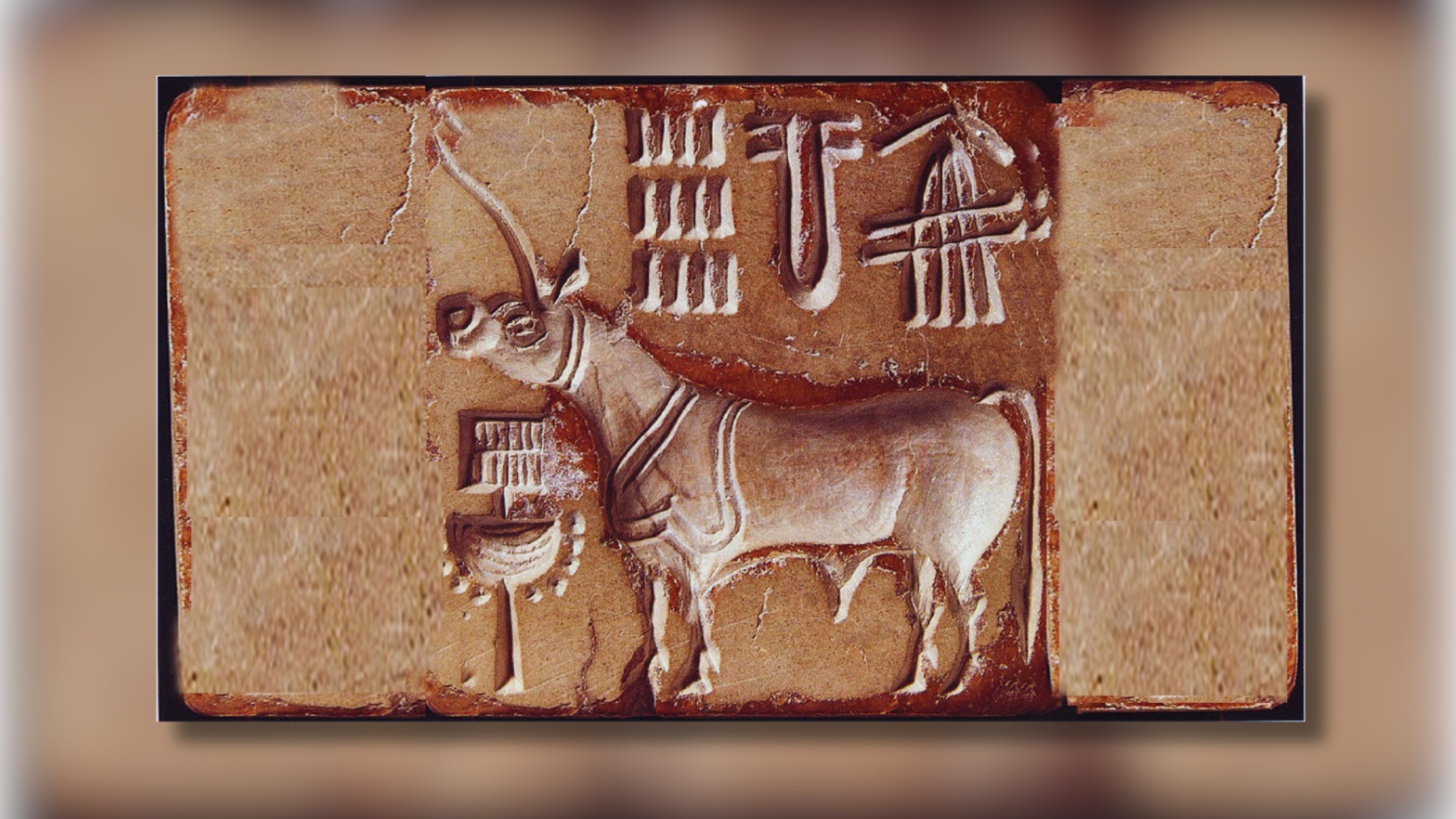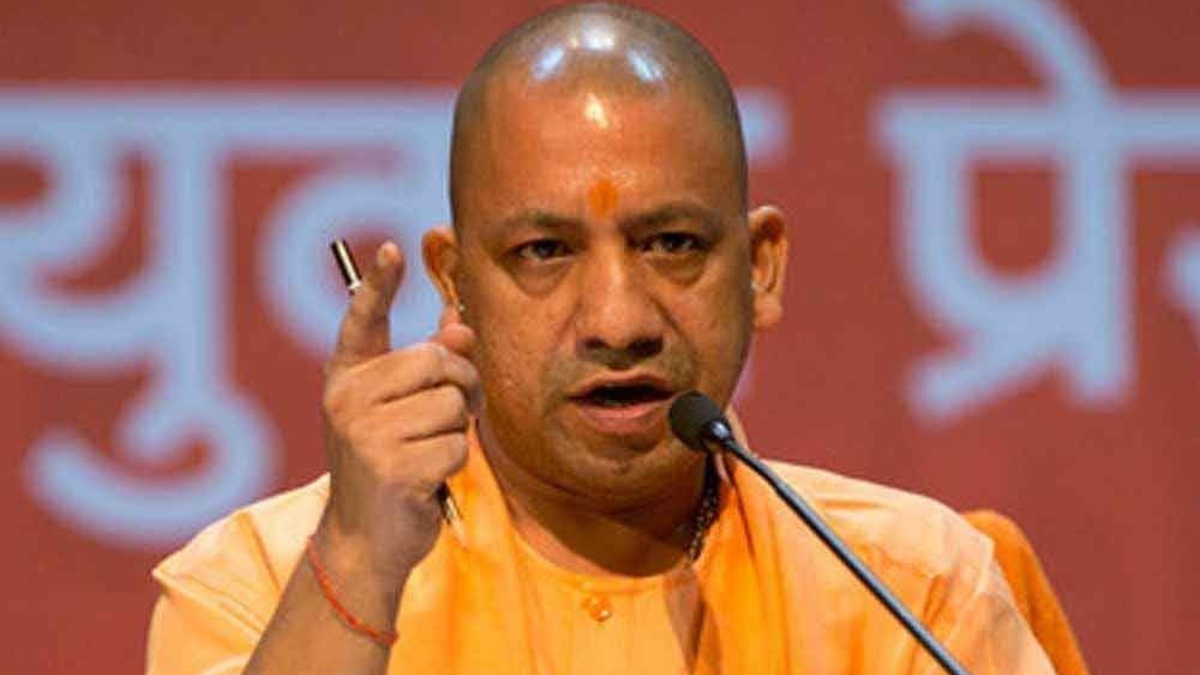


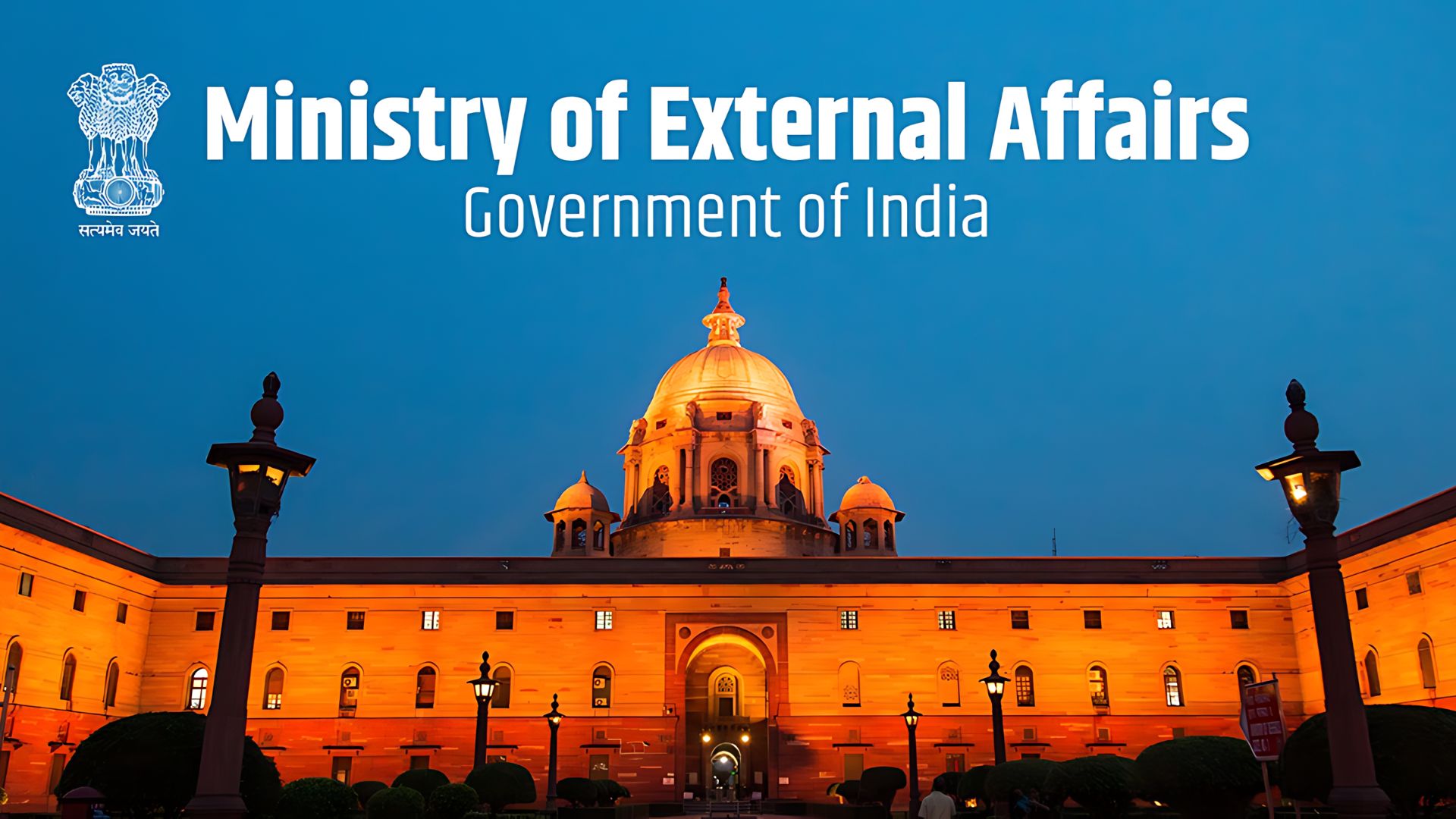


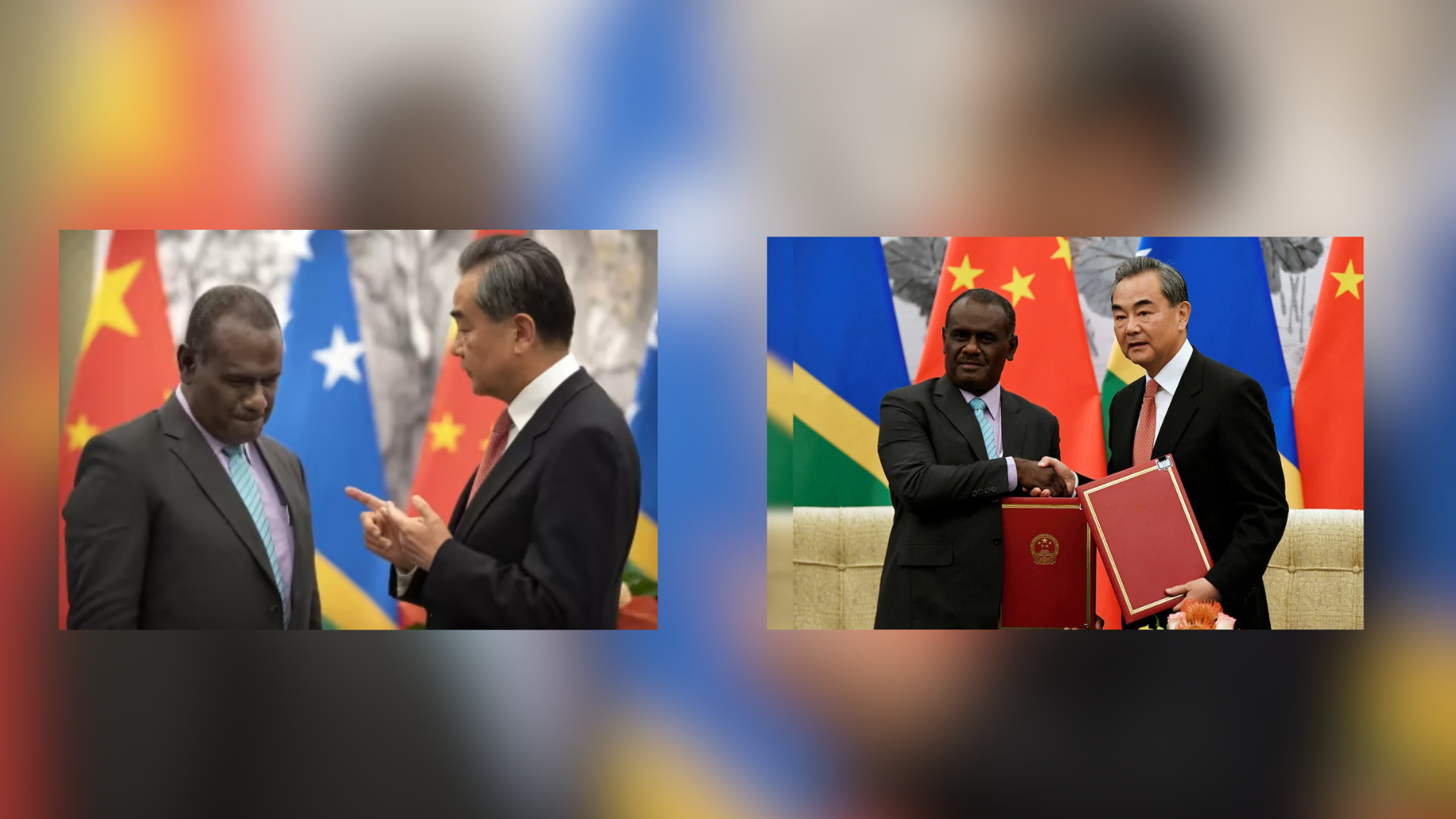
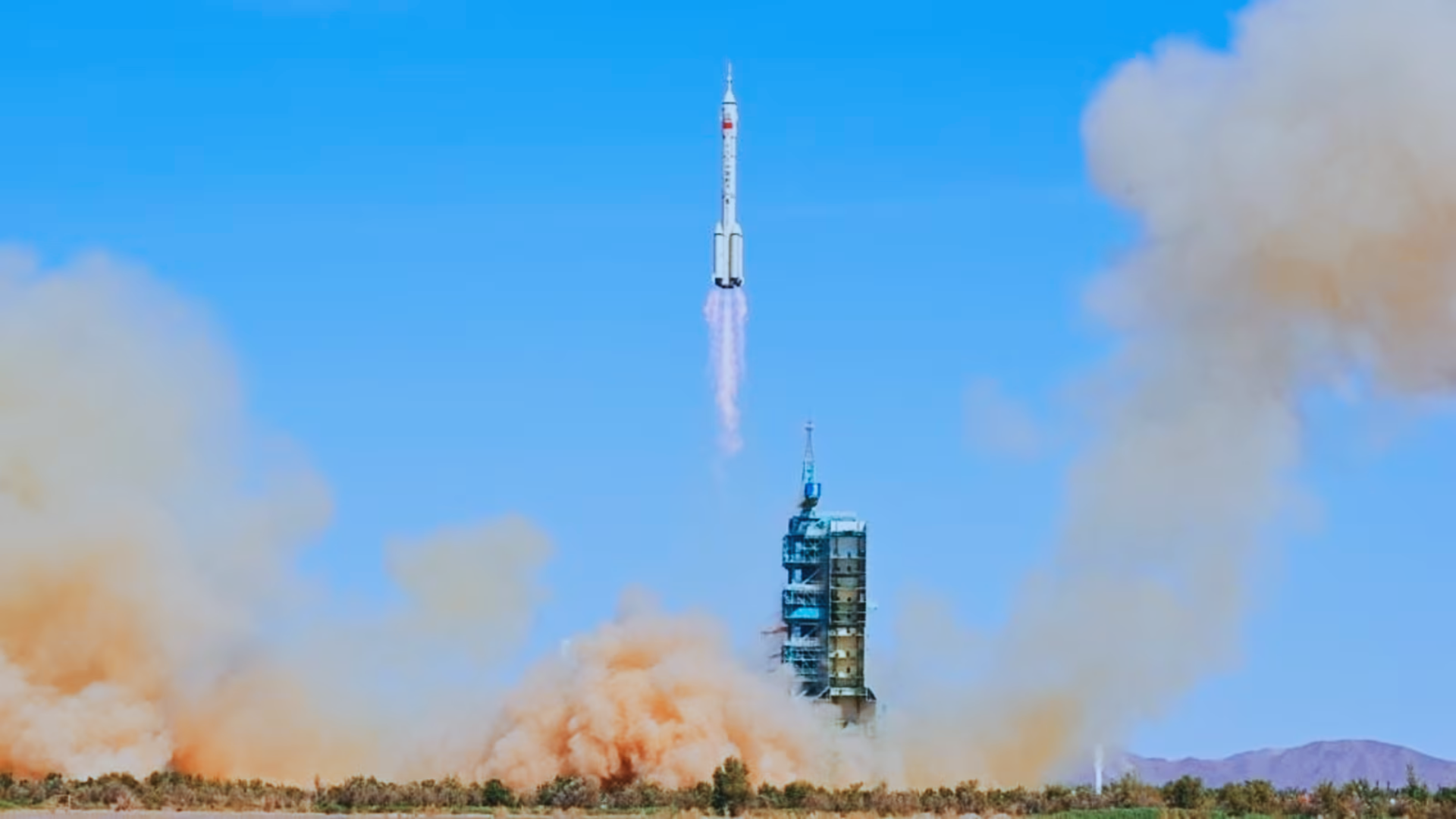
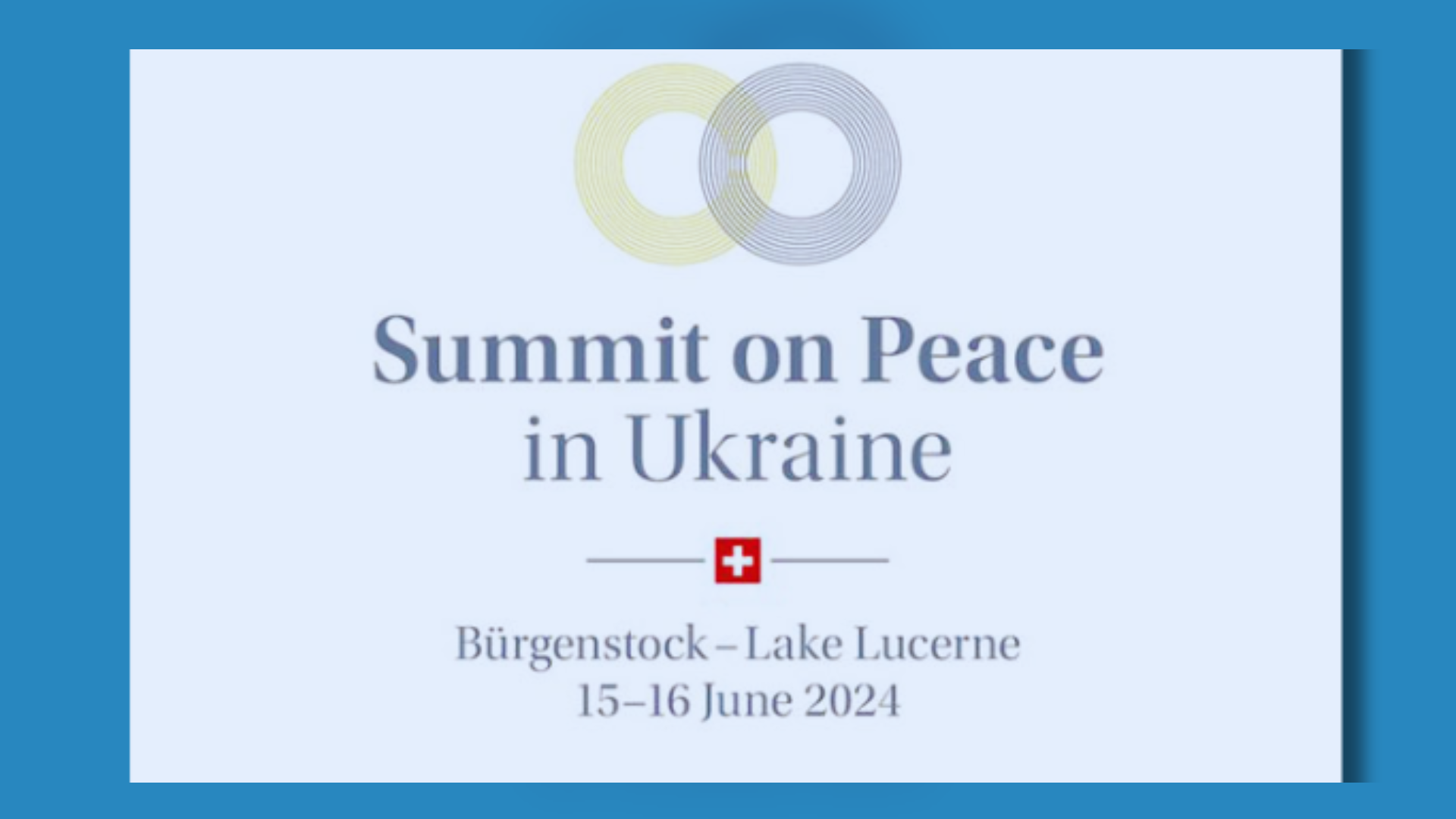
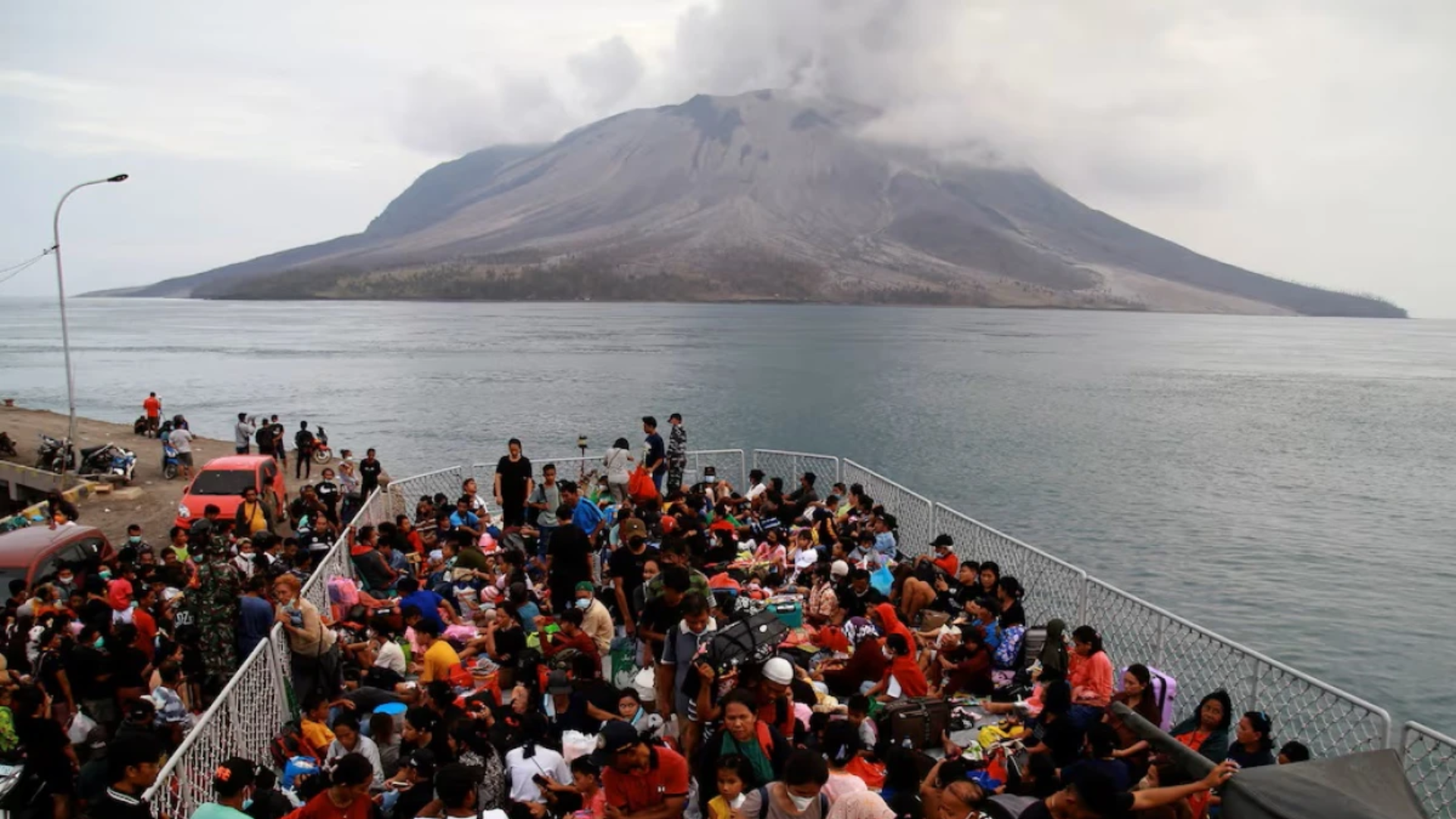

Although “Hai” in Japanese is equivalent to “Yes” in English, it does not necessarily signify that the other person agrees with you in Nihongo. It just shows that you are paying attention. Until Tokyo came out last Friday and proclaimed China to be a “unprecedented and largest strategic risk” to Japan and the international rule-based system in its national security strategy paper, Japan’s stance toward China was equally as equivocal as a “Hai.”
Due to Beijing’s unilateral alterations to the status quo in the Indo-Pacific and Moscow’s invasion of Ukraine, both countries have been singled out by the NSS as threats to international peace and security. The memo alludes to the potential for China to invade Taiwan by saying, “The possibility cannot be excluded that a comparable dangerous scenario may occur in the future in the Indo-Pacific area, especially in East Asia.”
The Japanese document’s frank portrayal of the threat presented by China and its “no boundaries” ally Russia is undoubtedly the first move towards rebalancing the balance of power in the Indo-Pacific and a pushback by a former pacifist country against the Middle Kingdom’s wolf warriors.
The Kishida administration adopted the NSS’s recommendation that Japan quadruple its defence spending and develop long-range missiles for counterstrike.
In the memo, China is described as posing a major danger to Japanese security in the most negative terms possible while Beijing’s strategic cooperation with Russia is also mentioned.
“China’s current foreign policy, military operations, and other actions have raised severe concerns for both Japan and the international community, and they represent the most strategic threat ever to preserving Japan’s peace and security.”
According to the text, Japan should respond by using its full range of national strength and working with its allies, other like-minded nations, and others.
Regarding Russia, the report mentions the Red Army’s stepped-up efforts close to Japan. In the document, it is amply stated that Tokyo should be ready for a China-Russia alliance on its western borders. “Russia’s external and military activities and others in the Indo-Pacific region, including Japan, together with its strategic coordination with China, are of strong security concern,” the document states.
China has reacted angrily to the NSS paper, as was to be expected, but the Xi Jinping administration should take responsibility for inciting the Indo-middle Pacific’s powers with its aggressive measures towards Japan, Taiwan, and India. Japan has for the first time questioned the middle-kingdom idea that China is the centre of the globe and the rest are tributary nations.
China has had enough experience with Japanese military might from World War II to know that Tokyo cannot be treated lightly.
Japan’s construction of long-range nuclear attack submarines and the US’s procurement of long-range missiles like the Tomahawk will alter the geopolitical landscape in East Asia, and the US will further solidify its defence alliance with Tokyo following its AUKUS alliance with QUAD member Australia.
As a result, the PLA will now be spread across three theatres of operations: the Northern Theatre Command (against Japan), the Eastern Theatre Command (against Taiwan, which is backed by the US), and the Western Theatre Command (against India).
Since Tokyo would no longer be constrained by its pacifist philosophy in sharing cutting-edge technology and information, the reform in Japanese national security is also great news for India as it may translate into stronger defence collaboration between the two very close friends. With the PLA firing long-range missiles into Japan’s EEZ this August and rising military tension with India along the LAC, India and Japan share a danger from China.
While the US, India, and Australia were aware of the threat posed by China, Japan, a QUAD member and the representative of Hiroshima through Prime Minister Fumio Kishida, was the weakest link in the chain. In the Indo-Pacific, the Japanese NSS is a game-changer.

